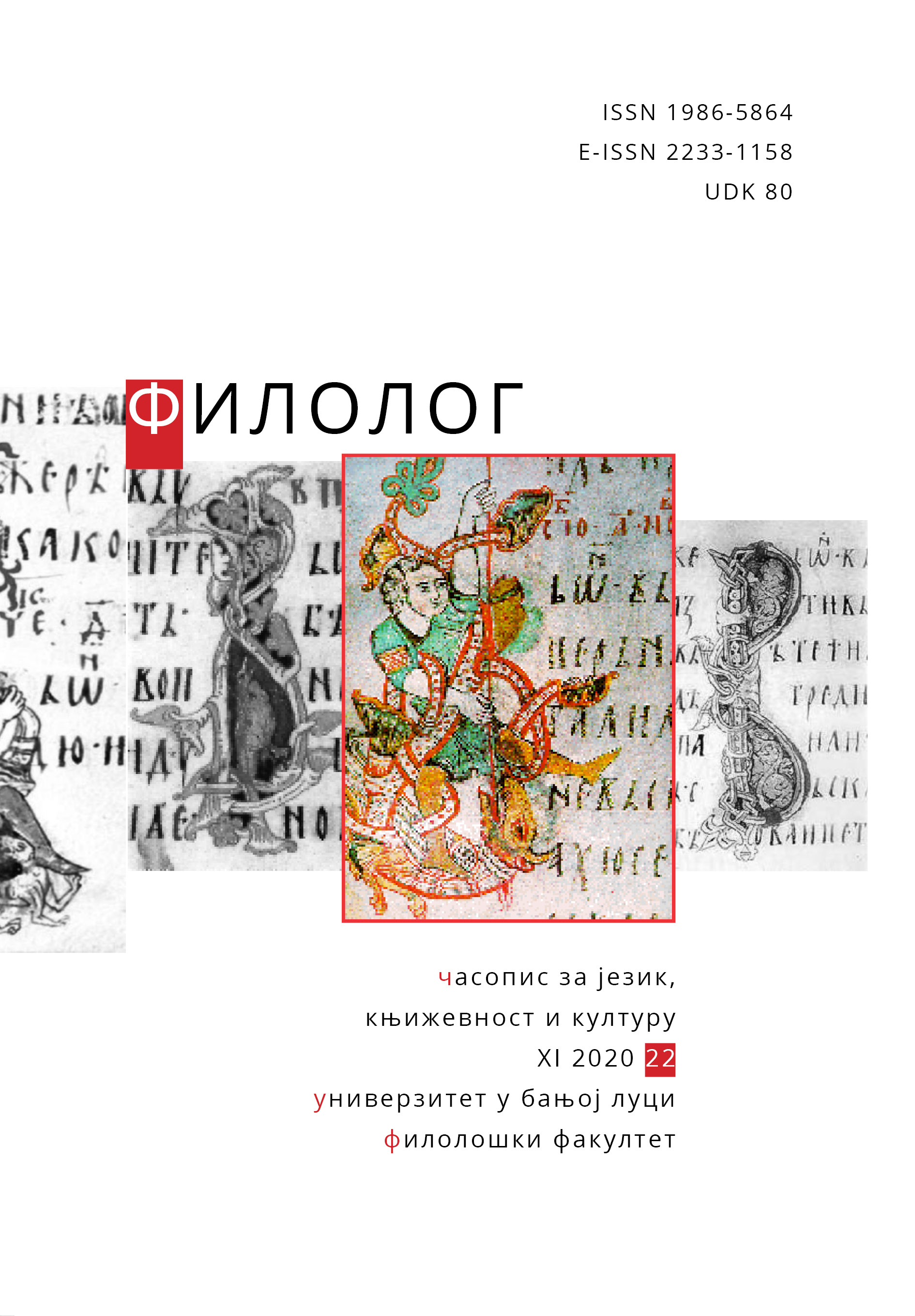Leksičko-semantički transfer u međujeziku srbofonih studenata koji uče italijanski kao L2 i španski kao L3
Lexico – Semantic Transfer in the Interlanguage of Serbophone Students Learning Italian as L2 and Spanish as L3
Author(s): Marija N. VujovićSubject(s): Foreign languages learning, Lexis, Language acquisition, Comparative Linguistics, Psycholinguistics, South Slavic Languages, Philology
Published by: Филолошки факултет Универзитета у Бањој Луци
Keywords: lexical transfer; interlanguage; errors; plurilingual speakers; Spanish; Italian; Serbian;
Summary/Abstract: Lexical transfer, ie the influence of the student's knowledge of a word of one language on the knowledge or use of words in the target language is an important cognitive process in learning a new language students often use as a compensation strategy. This paper deals with errors in the interlanguage of L1 Serbian students learning two typologically similar languages: Italian and Spanish, which arose as a consequence of lexico - semantic transfer. The most frequent errors caused by lexico - semantic transfer were identified and classified by the method of error analysis. An extremely large number of cases of lexico-semantic transfer were found in the corpus. All errors are classified into five categories: loan translations, semantic extension, cognates or false friends, hybrids and complete language shifts. In all cases, the negative lexical transfer occurred with words that are similar in Italian and Spanish. The errors in the written production in Spanish did not originate from the typologically distant, although the most dominant language of the students - Serbian as L1, but from the typologically similar Italian as L2. This proves the hypothesis that in typologically similar languages, lexical transfer is the most common and also that the factors of language distance and psychotypology are the key linguistic factors that will cause the transfer. Moreover, this kind of transfer was mainly used as a compensation strategy that students relied on to fill lexical gaps in situations where they did not have sufficient knowledge of the target language. Among the lexical errors, the largest number concerns cognates or false friends and hybrids. On the other hand, examples of loan translations or calques and semantic extensions were not frequent, so we conclude that the transfer of form (lexical transfer) is more frequent than the transfer of meaning (semantic transfer).
Journal: Филолог – часопис за језик, књижевност и културу
- Issue Year: 2020
- Issue No: 22
- Page Range: 178-196
- Page Count: 19
- Language: Serbian

